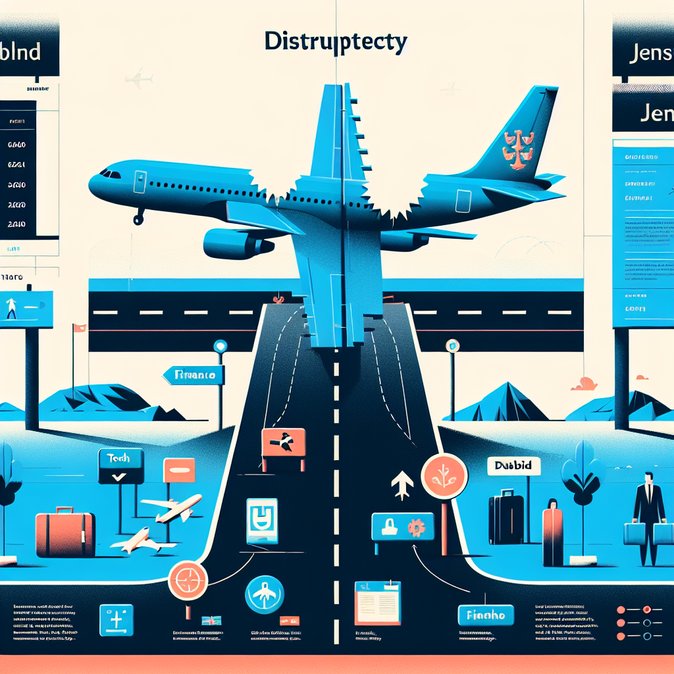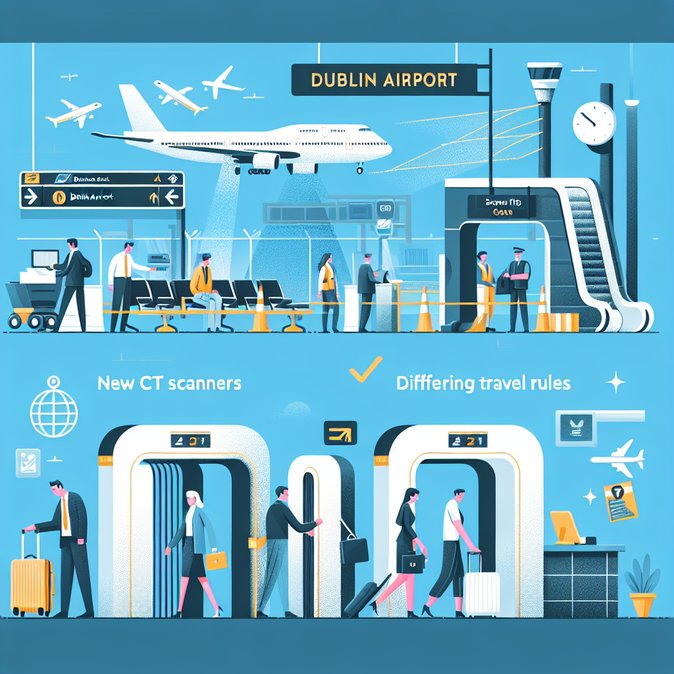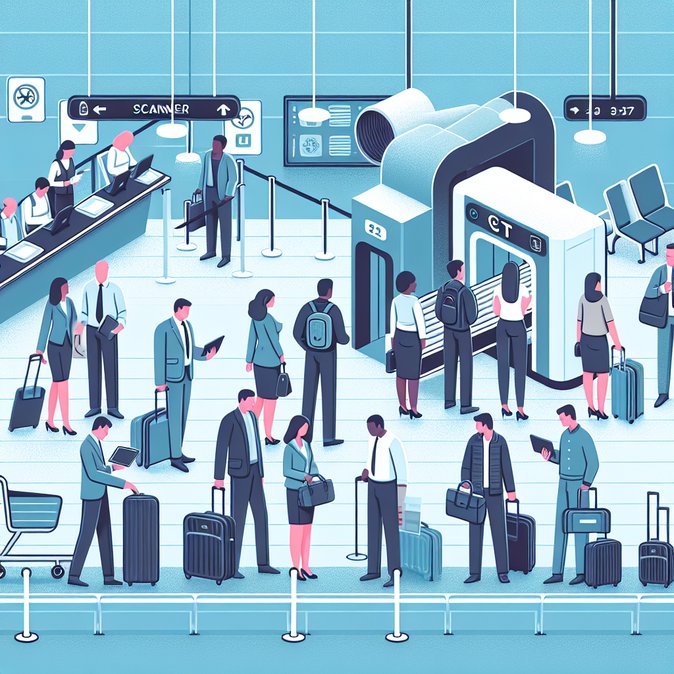
Regional carrier Blue Islands abruptly suspended trading on 14 November, cancelling all flights and stranding passengers across its network—including the Dublin–Jersey service popular with finance and tech professionals shuttling between the Channel Islands and Ireland. The privately owned airline, which employed around 100 staff, blamed the Jersey government’s decision to withhold further financial support after protracted talks.
Blue Islands had operated six weekly rotations between Dublin and Jersey, providing the only non-stop link outside peak-summer charters. Within hours of the announcement, codeshare partner Aurigny added ten rescue flights on the Jersey–Southampton sector, while Scottish carrier Loganair offered £79 “rescue fares” on routes via Glasgow. No immediate substitute was found for the Dublin leg, leaving travellers to re-route through London, Southampton or Manchester.
![Blue Islands Collapse Grounds Dublin–Jersey Route, Forcing Emergency Re-Booking]()
For Irish businesses the timing is awkward: the Channel Islands host more than 2,000 Irish-resident fund structures and a growing fintech cluster that relies on day-trip connectivity. According to IDA Ireland, bilateral trade in financial services exceeded €2 billion in 2024. Companies now face longer itineraries and higher costs, with round-trip travel times rising from 1 hour 40 minutes non-stop to 5-6 hours via UK hubs.
Travel-management companies (TMCs) are advising corporate clients to amend bookings immediately and to issue letters of indemnity so employees can reclaim out-of-pocket expenses from card providers or insurance. Under EU261 rules, passengers ticketed out of Dublin have the right to rerouting or refunds, but Blue Islands’ insolvency may complicate claim processing. Employers should remind staff to obtain written proof of cancellation to support charge-back requests.
Longer term, daa and Tourism Ireland have signalled interest in attracting another regional operator to pick up the route. Industry sources mention Emerald Airlines—operator of the Aer Lingus Regional franchise—as a possible candidate once additional ATR-72 aircraft are delivered in mid-2026.
Blue Islands had operated six weekly rotations between Dublin and Jersey, providing the only non-stop link outside peak-summer charters. Within hours of the announcement, codeshare partner Aurigny added ten rescue flights on the Jersey–Southampton sector, while Scottish carrier Loganair offered £79 “rescue fares” on routes via Glasgow. No immediate substitute was found for the Dublin leg, leaving travellers to re-route through London, Southampton or Manchester.

For Irish businesses the timing is awkward: the Channel Islands host more than 2,000 Irish-resident fund structures and a growing fintech cluster that relies on day-trip connectivity. According to IDA Ireland, bilateral trade in financial services exceeded €2 billion in 2024. Companies now face longer itineraries and higher costs, with round-trip travel times rising from 1 hour 40 minutes non-stop to 5-6 hours via UK hubs.
Travel-management companies (TMCs) are advising corporate clients to amend bookings immediately and to issue letters of indemnity so employees can reclaim out-of-pocket expenses from card providers or insurance. Under EU261 rules, passengers ticketed out of Dublin have the right to rerouting or refunds, but Blue Islands’ insolvency may complicate claim processing. Employers should remind staff to obtain written proof of cancellation to support charge-back requests.
Longer term, daa and Tourism Ireland have signalled interest in attracting another regional operator to pick up the route. Industry sources mention Emerald Airlines—operator of the Aer Lingus Regional franchise—as a possible candidate once additional ATR-72 aircraft are delivered in mid-2026.


